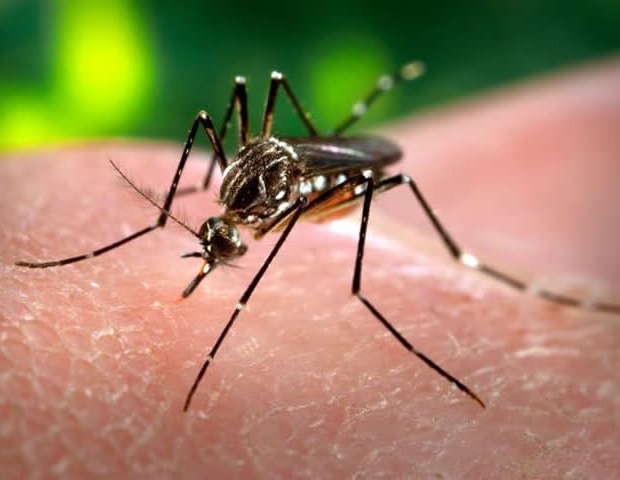A team of researchers from the SingHealth Duke-NUS Academic Medicine Centre’s Viral Research and Experimental Medicine Centre (ViREMiCS) found that immune cells undergoing stress and an altered metabolism are the reasons why some individuals become sick from viral infections while others do not, when exposed to the same virus.
The findings, published in top medical journal Nature Medicine, have important implications for the prevention and treatment of infectious diseases caused by flaviviral infections such as dengue fever, congenital Zika syndrome and yellow fever. Flaviviral infections, a family of virus infections transmitted by mosquitoes and ticks, are major health concerns as they spread rapidly and lack licensed treatments.
Most viral infections result in a range of outcomes even when individuals are infected with the same amount of virus in their blood. For example, up to two-thirds of all dengue virus infections result in no symptoms, while the remaining one-third go on to develop dengue fever and even fewer progress to severe dengue. Understanding why this happens could lead to new ways of preventing disease and reduce the burden of some viral diseases.
“We investigated why some individuals do not get sick despite being infected with the same virus, while others develop symptoms and infections. Understanding the molecular events that lead to development of symptoms could lead to new prevention and treatment methods for infectious diseases worldwide,” said Professor Ooi Eng Eong, Deputy Director of the Emerging Infectious Diseases (EID) Programme, Duke-NUS Medical School and Professor, SingHealth Duke-NUS Global Health Institute. Prof Ooi is also Co-director of ViREMiCS, Professor at the Saw Swee Hock School of Public Health and the Department of Microbiology & Immunology, National University of Singapore and the corresponding author of this study.
The team conducted two clinical trials involving more than 100 healthy adults using the yellow fever vaccine, one of the most effective vaccines in the world with an excellent safety profile. The team analysed the blood profiles of the volunteers immediately before and after vaccination, and found that individuals whose blood cells had increased levels of stress from protein production and altered metabolism before vaccination went on to develop flu-like symptoms after vaccination. Increased stress and altered metabolism resulted in earlier than expected activation of the immune response that was linked with development of symptoms.
Our findings show that increased levels of stress and altered metabolism of an individual’s immune cells are factors that make one prone to developing symptoms during an infection. Correspondingly, this tells us that immune cells and metabolic pathways could be useful targets to develop treatments for yellow fever or other flaviviral infections.”
Associate Professor Jenny Low, Senior Consultant at the Department of Infectious Diseases, Singapore General Hospital and Co-Director of ViREMiCS
Dr Low is also Associate Professor at Duke-NUS’ EID Programme and co-corresponding author of this study.
These findings also imply that preventing conditions known to place cells under increased stress and altered metabolism, such as obesity, could prevent disease from viral infections.
The team is currently starting another clinical trial in 2020 to test if suppressing the early immune response can reduce the likelihood of getting sick from a viral infection.
Chan, K.R. et al. (2019) Metabolic perturbations and cellular stress underpin susceptibility to symptomatic live-attenuated yellow fever infection. Nature Medicine. doi.org/10.1038/s41591-019-0510-7.
